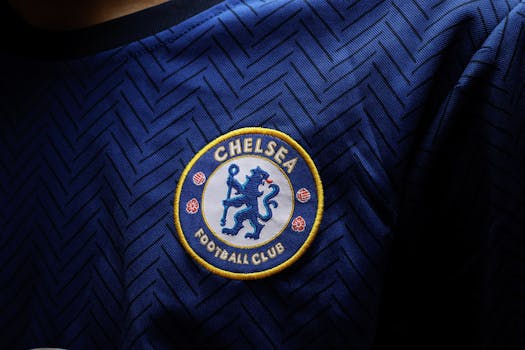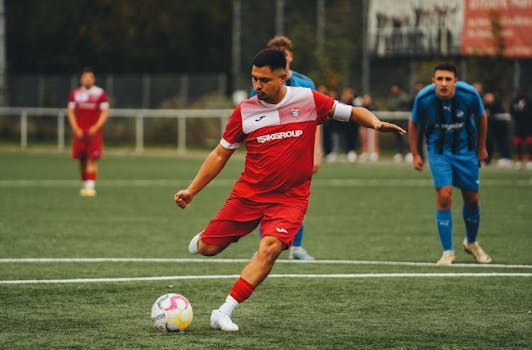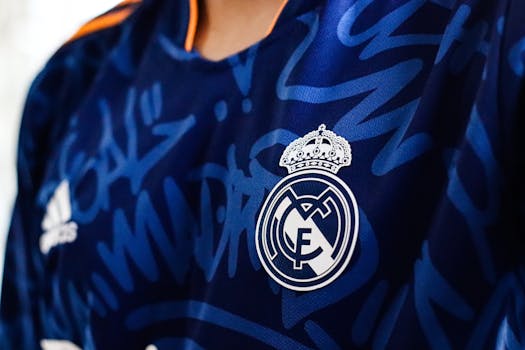The Cultural Impact of Football Jerseys through History
Football jerseys are not merely items of clothing worn by players; they encapsulate a rich tapestry of history, culture, and identity that resonates deeply with fans around the globe. This article delves into the cultural significance of football jerseys, charting their evolution, the symbolism they bear, and their role in cultivating a sense of community among supporters.
Evolution of Football Jerseys
From their humble beginnings as basic, functional attire meant to distinguish players on the field, football jerseys have transformed into emblems of pride and identity. In the early days of football, jerseys were simple and pragmatic, but as the sport gained popularity, the designs evolved to reflect more than just team colors. For instance, the azure blue of Italy’s national team jerseys not only mirrors the hue found in the Italian flag but also represents a deeper national pride and heritage.
Symbolism in Jerseys
Football jerseys are laden with symbols that hold profound meanings for both the team and its supporters. These symbols can commemorate historical milestones, honor legendary figures, or celebrate major triumphs. A notable example is the Brazilian national team’s jersey, which features a star for each of their FIFA World Cup victories. This not only serves as a reminder of past glories but also as a beacon of hope and inspiration for future generations.
The Role of Jerseys in Fan Culture
Jerseys are pivotal in fan culture, symbolizing solidarity and allegiance. They are more than mere merchandise; they are a badge of honor, showing support and unity among fans. This is especially evident during major tournaments like the FIFA World Cup, where jerseys act as a unifying force, bridging cultural and geographical divides among supporters from various corners of the world.
Commercial Impact of Football Jerseys
The commercialization of football jerseys has significantly impacted the sport, both positively and negatively. On one hand, jersey sales contribute substantial revenue that can be reinvested into the sport, aiding in its growth and sustainability. On the other hand, excessive commercialization can detract from the sport’s essence, focusing more on profit than on passion. Finding a balance between honoring tradition and leveraging commercial opportunities is key.
Practical Examples
Teams often use jerseys as platforms to convey political or social messages. A prime example is FC Barcelona, which famously sported jerseys featuring the UNICEF logo, underscoring their commitment to social responsibility and leveraging their global influence to advocate for charitable causes.
Conclusion
Football jerseys transcend their role as sportswear to become vital elements of the cultural and social landscape of football. They reflect and shape the identities and values of teams and their fans, fostering a sense of belonging and shared passion. While navigating the commercial aspects of jersey sales is essential, preserving the rich heritage and symbolic value of these jerseys is equally important. They are not just kits; they are cherished symbols of history, pride, and unity in the beautiful game.

.png)





